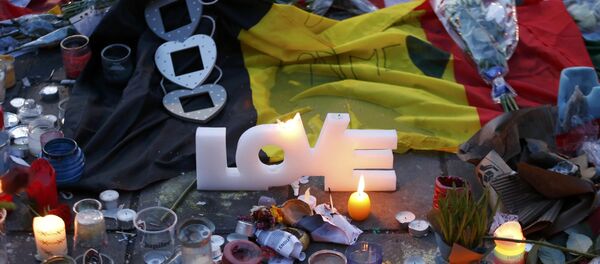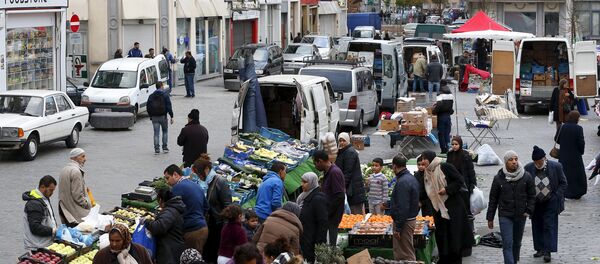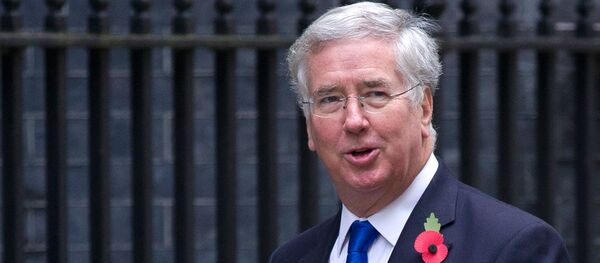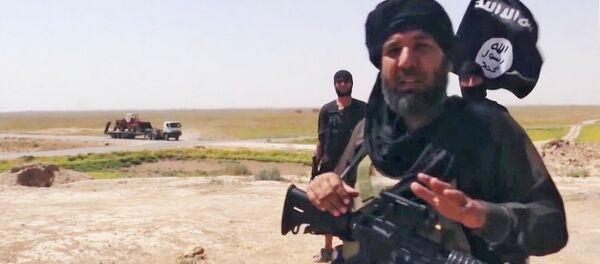All this, says geopolitical analyst Francois Gere, is exacerbated by growing political and social divisions within the continent.
"The EU has neither a common diplomacy nor an armed forces which could be used in operations. As a result, Brussels is confined to the instruments of 'soft power'," the analyst noted.
At the same time, the analyst added, "the war in Syria is extremely complex, as evidenced by the difficulties faced by foreign powers trying to establish a diplomatic dialogue there over the last four years."
EU member states do not even have a consolidated opinion as to what position the supranational union should take with regard to the Russian intervention in support of Syrian President Bashar Assad, the analyst recalled, with leaders in Northern and Eastern Europe more concerned about 'Russian aggression' in Europe than the situation in the Middle East.
At the same time, "because some EU states categorically refuse to engage in any dialogue with Syria, the EU cannot take initiatives in that direction. The EU can [only] provide funds for refugees, humanitarian organizations in Syria, Iraq and those neighboring countries hosting these displaced persons, [including] Turkey, Jordan, and Lebanon."
Commenting on Brussels' seeming inability to formulate an effective common strategy for fighting Daesh, despite the obvious threat posed by the terrorist group, Gere noted that the EU as an institution is limited in what it can do to respond.
"The terror attacks in 2015-2016 in France, Belgium and Denmark demonstrated the seriousness of the threat…[EU Counter-terrorism coordinator] Gilles de Kerchove regularly warns against multiple attacks, including cyber terror, which could take place in the future." Still, "the response is primarily national and sometimes multilateral, without being truly European."
"In the financial area, the EU can strengthen the system of control of payments and financial transfers. Same thing for the sale of firearms (registration, traceability). Finally, in accordance with the recommendations from December 2015, the EU can establish a national control system on EU citizen 'foreign fighters' who might travel to conflict zones."
"The final component," Gere suggests, "is the fight against radicalization and jihadist propaganda." Unfortunately, so far, "the EU has refused to create such a counter-propaganda mechanism, both for ethical reasons, and because some members want to include perceived Russian propaganda in the scope of this mechanism. Progress on this this largely political problem can take place only if there is a focus on radical Islam."
At the same time, the analyst added, "there are no solutions without Turkey, but the twisted game of President Erdogan, who faces increasing criticism for his dictatorial tendencies, also does not contribute to agreement within the EU. We must negotiate, but without giving in to conditions close to blackmail."






